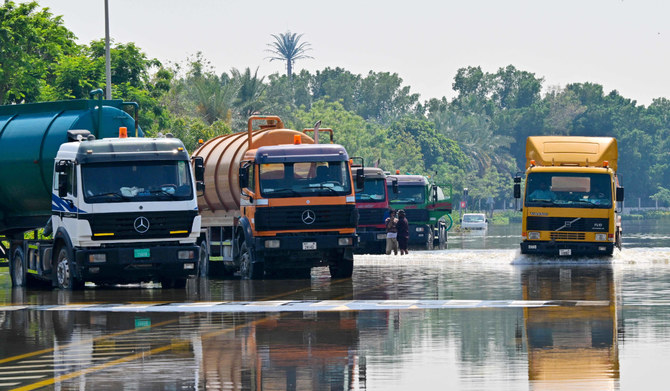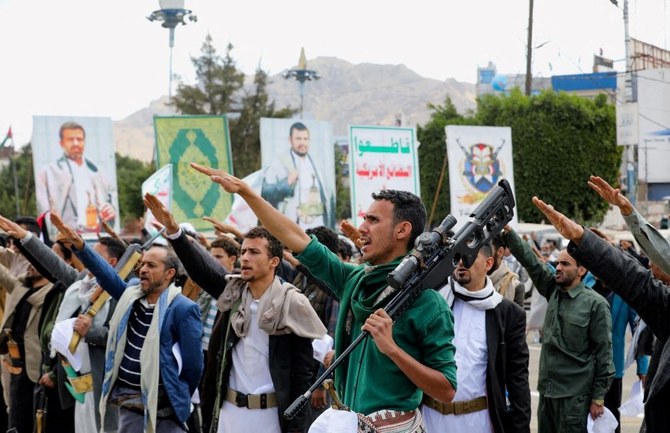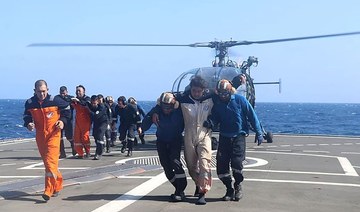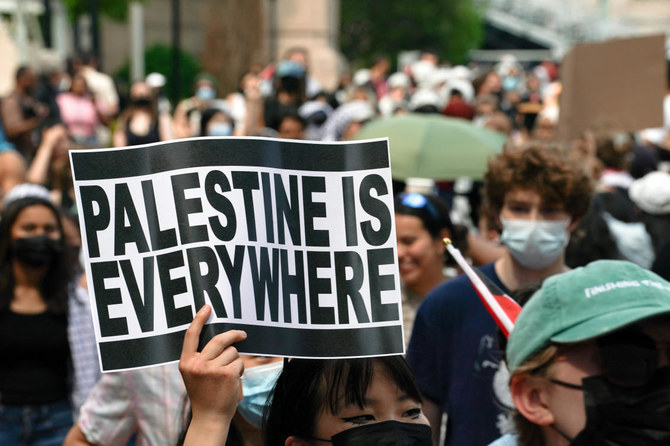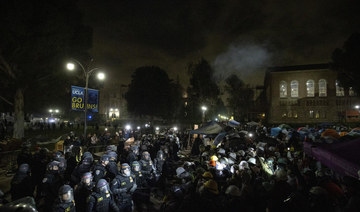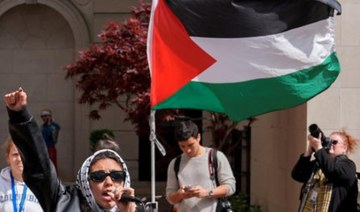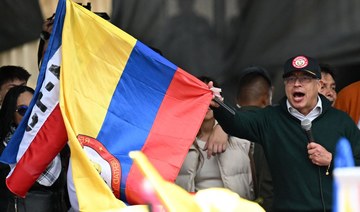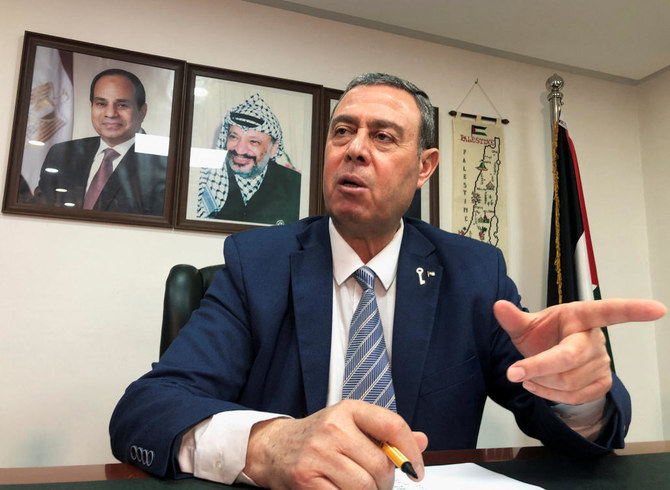DUBAI: Deaths from heavy rains earlier this week in the UAE rose to four, authorities said on Friday, as well as flooding roads and jamming Dubai’s international airport.
The storm first hit Oman at the weekend, killing at least 20 people, before pounding the UAE on Tuesday with its heaviest rains in 75 years of records.
Two Philippine women and one man died in their vehicles during flooding, the government in Manila said. An Emirati man in his 70s had also died when his vehicle was swept away by floods in the northern Ras Al-Khaimah emirate.
BACKGROUND
Dubai International Airport was still struggling on Friday to clear a backlog of flights three days after the storm.
Scientists blame human-led global warming for increasingly common extreme weather events, such as the rains in UAE and Oman.
Dubai International Airport, one of the world’s busiest and a hub for travel around the Middle East, was still struggling to clear a backlog of flights three days after the storm.
It was limiting arrivals for two days until Sunday.
Flagship carrier Emirates, one of the world’s biggest international airlines, said check-in was suspended for people planning to transit via Dubai though those with the city as a final destination could travel as usual.
According to aircraft flight tracking website FlightRadar24, as of Friday morning, 1,478 flights to and from Dubai had been canceled since Tuesday, approximately 30 percent of all flights.
In Abu Dhabi, state carrier Etihad said flight operations were normal.
The main road connecting Dubai, the most populous emirate, with Abu Dhabi remained partially closed on Friday, while an alternative route saw vehicles driving through low water on the hard shoulder past abandoned cars and buses.
In the UAE’s north, including in the emirate of Sharjah, local media reported people were reportedly still trapped in homes. Residents said there was extensive damage to businesses.
The UAE’s National Center of Meteorology said rain may return by late on Monday, though predicted it would be light with a chance of heavy rain again on Tuesday in some areas.



